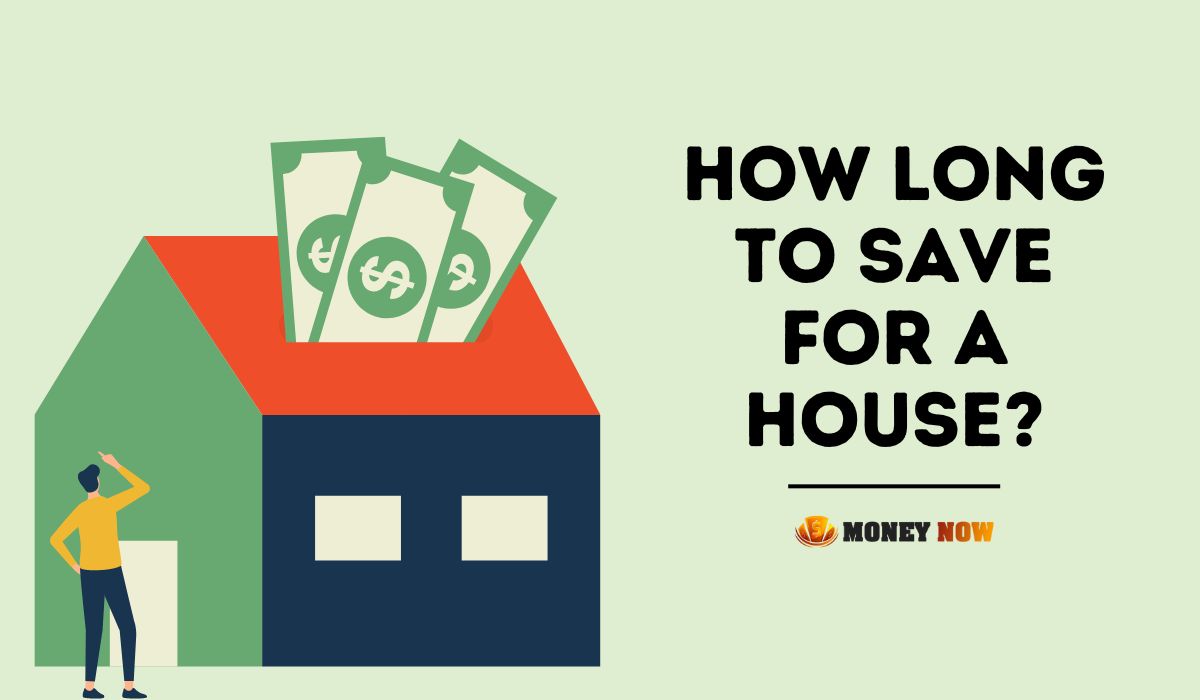
The journey to homeownership is both exciting and daunting. A significant milestone for many, buying a home requires financial planning, patience, and a strategy for saving for a down payment. With the real estate market's dynamics constantly changing, understanding how long it might take to save for a house is more crucial than ever. On average, it takes about seven years and 11 months for a first-time homebuyer to save for a 20% down payment on a median-priced home. This duration has increased from before the pandemic, reflecting the challenges of home price growth outpacing wage increases. However, the exact time can vary significantly based on your location, income, expenses, and the home price.
This article delves into the current state of the housing market, offering insights into how long it typically takes to save for a house, factors affecting this duration, and strategies to accumulate your down payment more efficiently.
Recent studies, including one by economist Skylar Olsen for Tomo, reveal that the timeline for saving for a home has extended in recent years. On average, it now takes about seven years and 11 months for a first-time homebuyer to save a 20% down payment on a median-priced home, up from seven years and one month before the pandemic. This increase reflects the broader challenge of home price growth outpacing wage increases, making the dream of homeownership seem more distant for many.
The disparity between home price growth and wage increases is a primary factor in the extended saving period. While median home values surged by 18% from January 2020 to August of the same year, median incomes only saw a 6% increase. Moreover, the location significantly affects how long it will take to save for a house, with vast differences across U.S. cities. For instance, saving for a down payment can take as little as 3.5 years in some cities, while in others, it may require more than a decade.
Budgeting and Expense Management: The foundation of any savings plan is a solid budget. Knowing where your money goes each month allows you to identify and cut unnecessary expenses, directing more funds toward your down payment savings.
Downsizing and Cutting Costs: Living below your means by downsizing your current living situation or cutting back on non-essential spending can significantly accelerate your savings rate.
Increasing Income: Whether through negotiating a raise, switching to a higher-paying job, or starting a side hustle, increasing your income is a powerful way to boost your savings capacity.
Reducing or Eliminating Debts: Lowering your debt-to-income ratio not only improves your chances of getting a mortgage but also frees up more of your income to save for a down payment.
Exploring Less Traditional Saving Methods: From renting out a spare room to crowdsourcing part of your down payment, there are numerous creative strategies to augment your savings efforts.
Yes, there are mortgage options available that allow for lower down payments, such as FHA loans (as low as 3.5% down) and conventional loans with down payments as low as 3%.
A higher credit score can qualify you for better mortgage rates and terms, potentially lowering your down payment requirement and monthly payments, thereby affecting the total amount you need to save.
Budgeting, cutting unnecessary expenses, increasing your income through side hustles or higher-paying jobs, and reducing other debts can all accelerate your savings rate.
The cost of living and housing prices vary widely by location, affecting how much you need to save and how long it will take to save for a down payment.
Yes, many states and local governments offer assistance programs for first-time homebuyers, including grants, low-interest loans, and tax credits to help with down payments and closing costs.
Saving for a house is undoubtedly challenging, but with the right approach, it's an achievable goal. Start by assessing your financial health and exploring various strategies to maximize your savings. Remember, the path to homeownership is a marathon, not a sprint. With dedication and smart financial planning, you can navigate the obstacles and make your dream of owning a home a reality.
Learn more about the differences between savings accounts and CDs with our comprehensive guide. Discover more tips and helpful resources on financial management by visiting Money Now.
